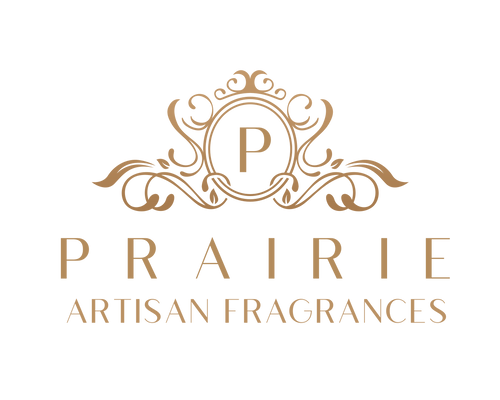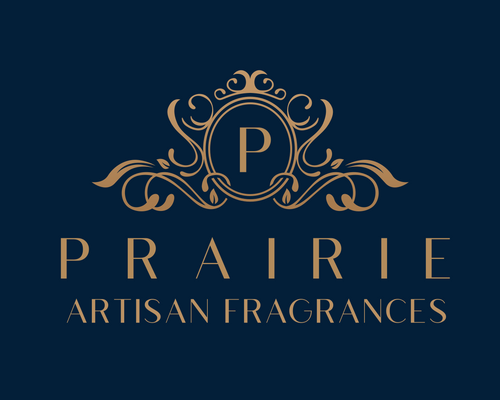Over the past decade of creating perfumes, I consistently get the question of, “How do you make a perfume?” I can tell you, sometimes I wish it was as easy as asking that question. I learned early on, in the world of perfumery, each fragrance takes on a life of it’s own, and there is no set time frame on it’s completion, for the most part. In order to create a fragrance, and not waste a bunch of time, I follow a list of questions to help me distinguish what a fragrance will be.
However, the questions aren’t always asked in the same order. That will depend on if it is a fragrance for my business, someone else’s business, or for an individual.
1. Who is the target market? (meaning age of the target market, gender or genderless,
what part of the world the perfume will be sold in.)
2. What notes to feature in the fragrance.
3. What fragrance family will the fragrance be in?
Fragrances are grouped into olfactive families. Each family has a specific structure of ingredients. For example, oriental fragrances have vanilla, patchouli, spices and amber ingredients.
Other items that will come into play are: budget for the project. Creating a fragrance will usually cost at a base cost, roughly $5000. This mainly includes oils, alcohol and ingredients for the perfume itself. The $5000 is not a budget for marketing, bottles, atomizer, bottle neck cover, caps, boxes, and labels. Those items I place in the marketing and launching of the fragrance, which I will discuss in a later blog.
Once I’ve answered the above questions, I can begin creating. When making a perfume, I ALWAYS start with 2 ingredients, finding the right measurements with each. Every change in the formula results in a trial. When creating the trials, only 1 ingredient is changed or added at a time. This way I can closely monitor the reactions, make adjustments and reference the actual scent being produced. This can be a very quick or long process. I have had a fragrance take me
a month to create, to my longest one taking 18 months.

Example of trial tables
This leads to another question that I get asked. How do you know when a fragrance is finished? My answer and question is, can I answer the first 3 questions I always ask when starting a fragrance, with a definitive answer, and does the fragrance fit the criteria? Hopefully, I can answer yes!

